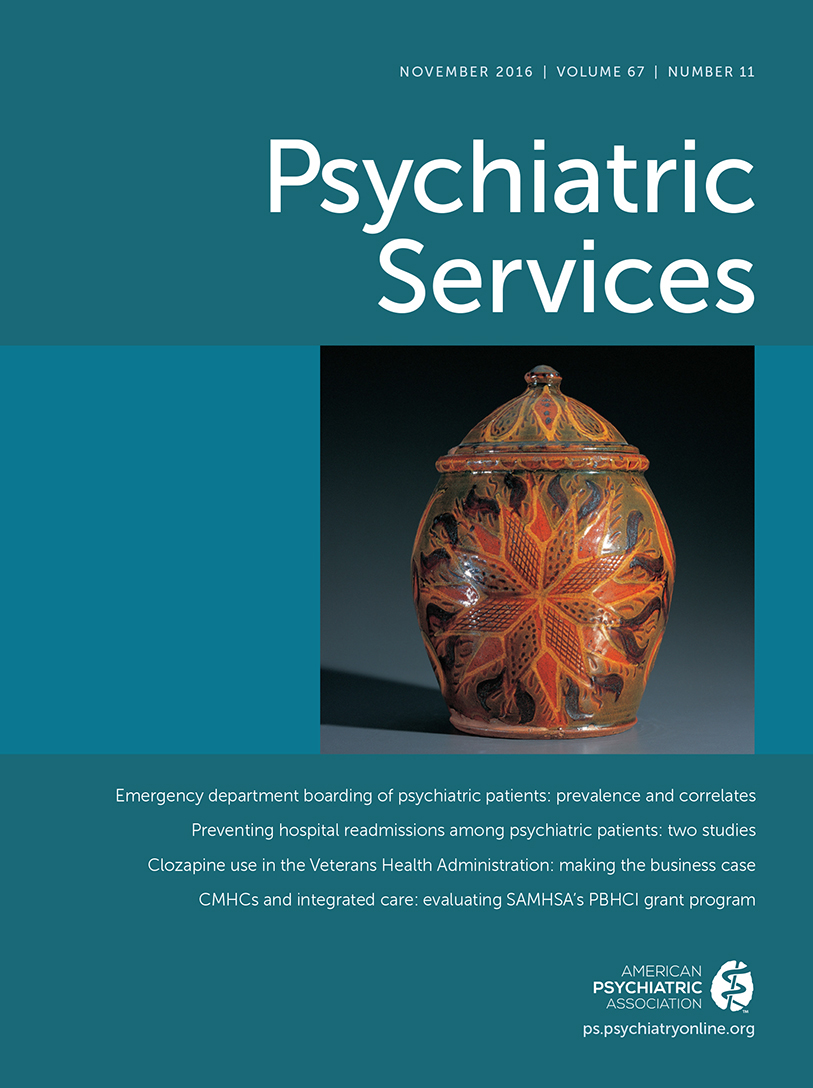Systematic Review of Integrated General Medical and Psychiatric Self-Management Interventions for Adults With Serious Mental Illness
Abstract
Objective:
Adults with serious mental illness are disproportionately affected by general medical comorbidity, earlier onset of disease, and premature mortality. Integrated self-management interventions have been developed to address both general medical and psychiatric illnesses. This systematic review examined evidence about the effect of self-management interventions that target both general medical and psychiatric illnesses and evaluated the potential for implementation.
Methods:
Databases, including CINAHL, Cochrane Central, Ovid MEDLINE, PsycINFO, and Web of Science, were searched for articles published between 1946 and July 2015. Studies evaluating integrated general medical and psychiatric self-management interventions for adults with schizophrenia spectrum or mood disorders and general medical comorbidity were included.
Results:
Fifteen studies (nine randomized controlled trials and six pre-post designs) reported on nine interventions: automated telehealth, Health and Recovery Peer program, Helping Older People Experience Success, Integrated Illness Management and Recovery, Life Goals Collaborative Care, Living Well, Norlunga Chronic Disease Self-Management program, Paxton House, and Targeted Training in Illness Management. Most studies demonstrated feasibility, acceptability, and preliminary effectiveness; however, clinical effectiveness could not be established in most studies because of methodological limitations. Factors identified that may deter implementation included operating costs, impractical length, and workforce requirements.
Conclusions:
Integrated general medical and psychiatric illness self-management interventions appear feasible and acceptable, with high potential for clinical effectiveness. However, implementation factors were rarely considered in intervention development, which may contribute to limited uptake and reach in real-world settings.




